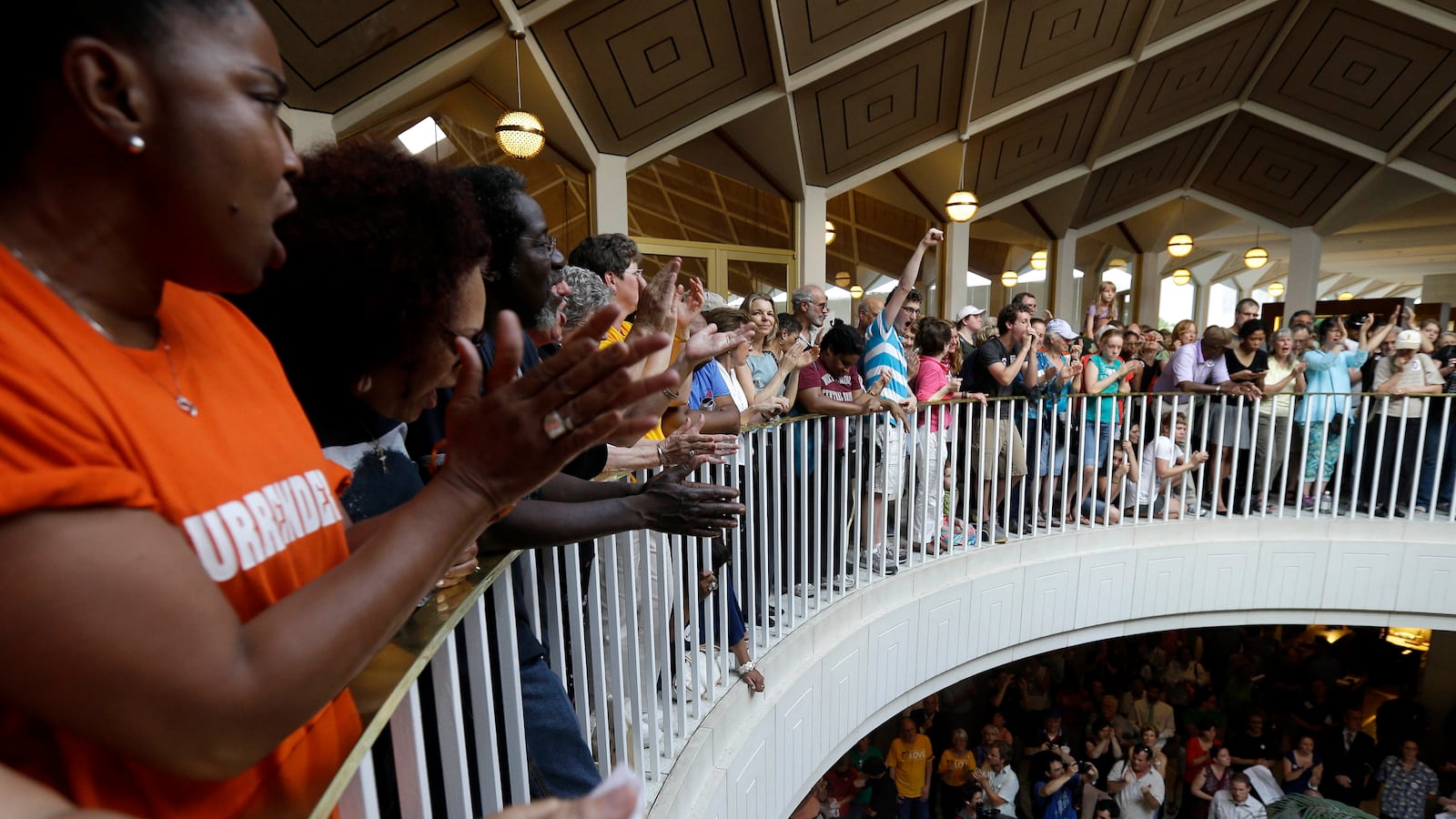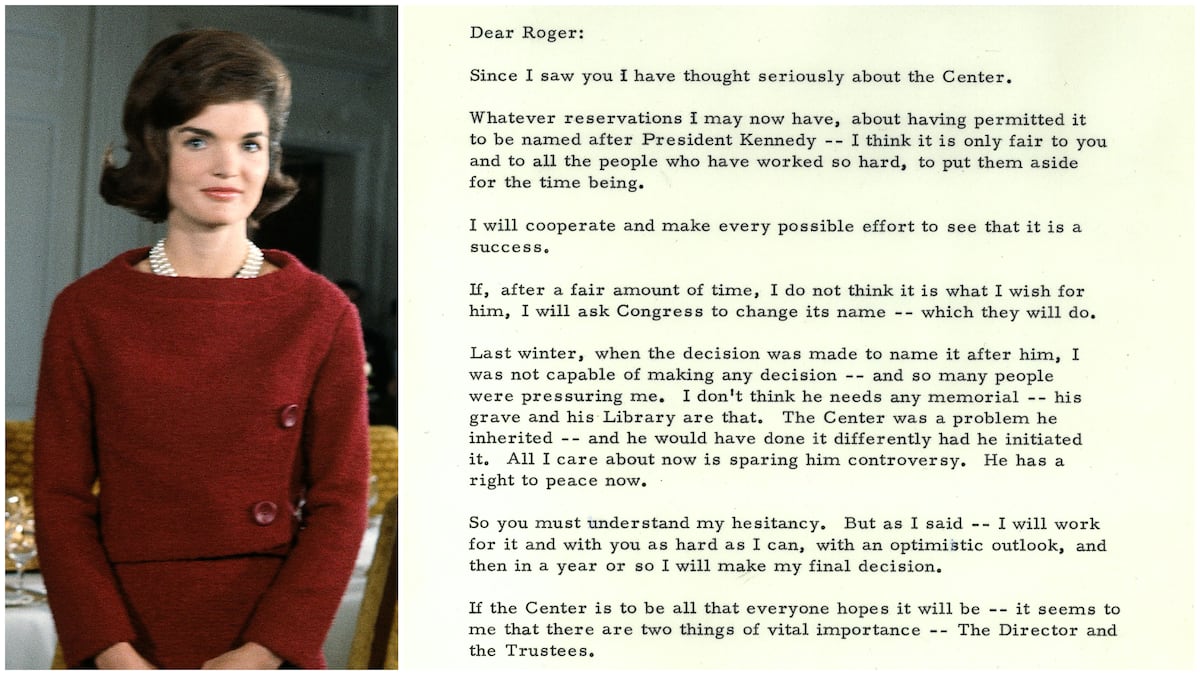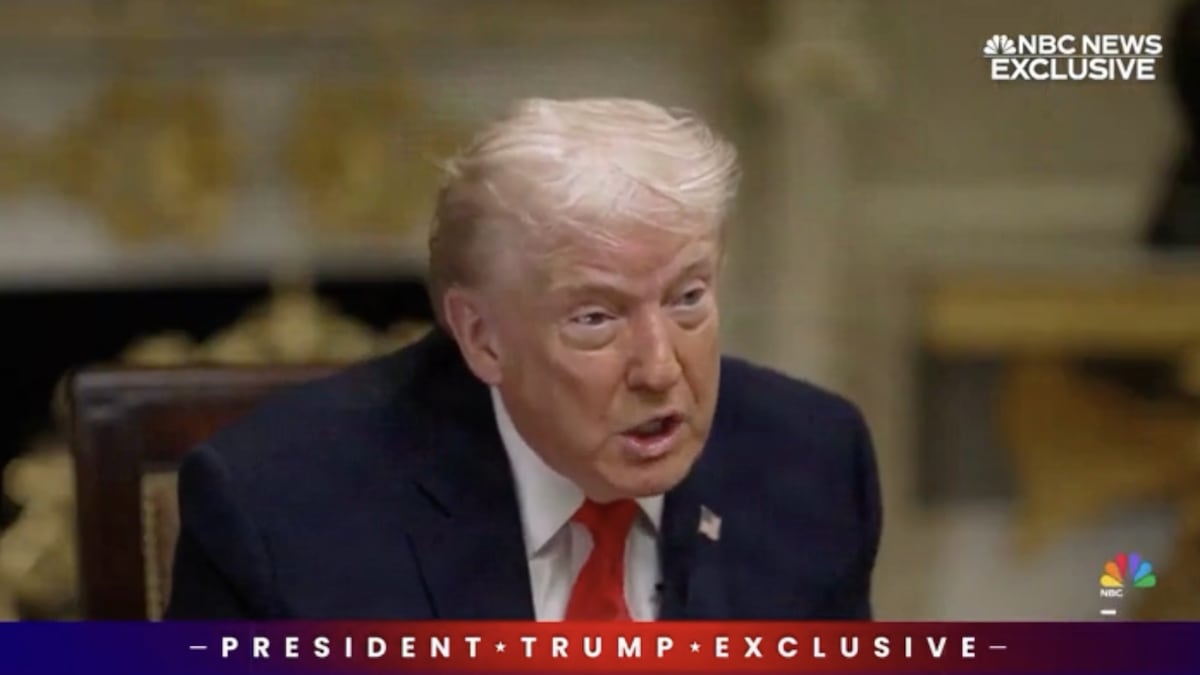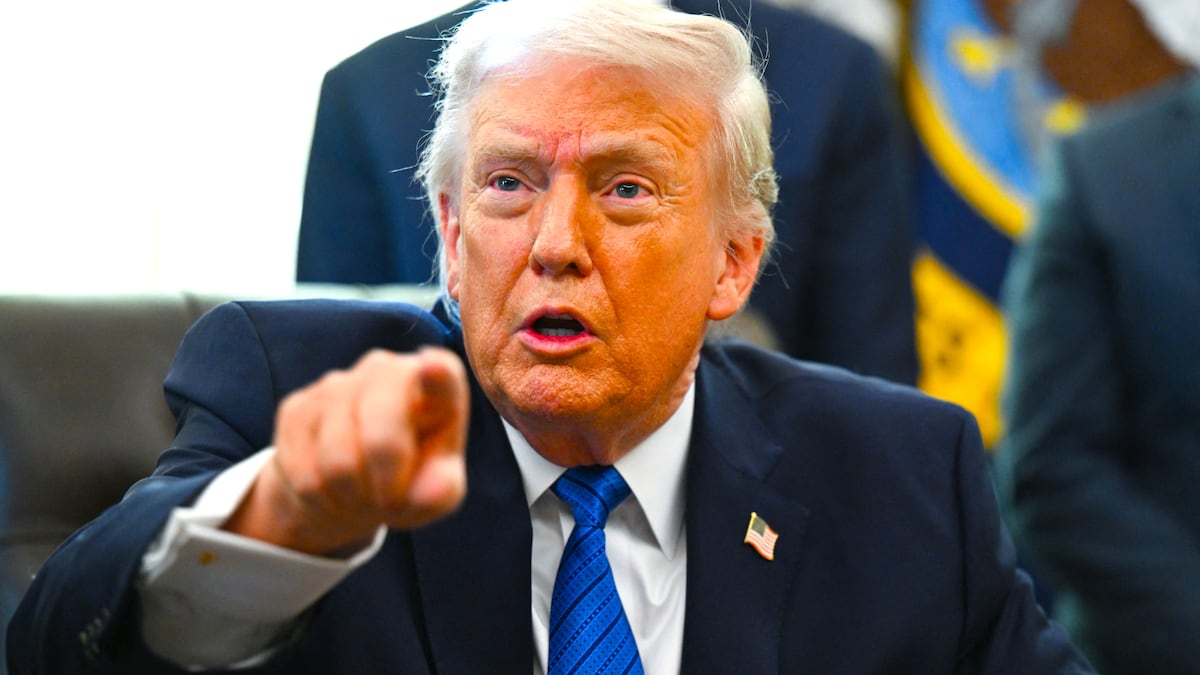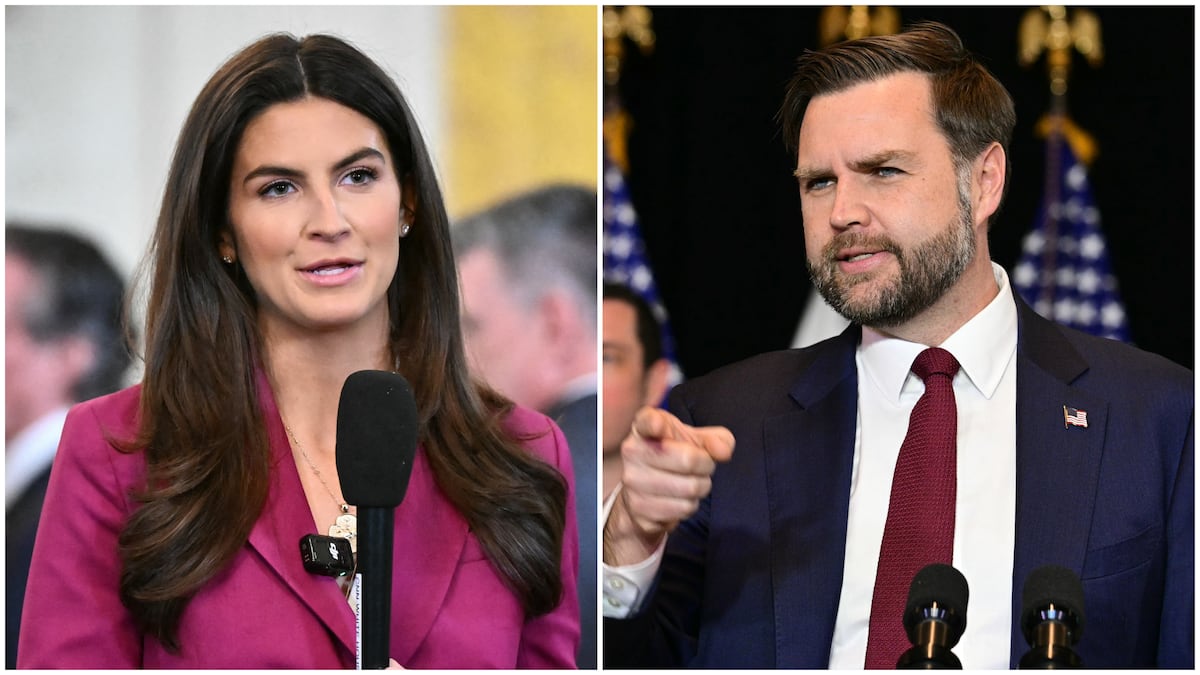Anyone wondering about the importance of the Supreme Court’s recent ruling hobbling a key part of the Voting Rights Act needs look no further than North Carolina, whose Republican legislature is poised to enact one of the strictest voting laws in the nation, one that will make it harder to register and vote, likely hurting minority voters most. North Carolina is making it more difficult to vote now because it can, but recent experience in Florida and elsewhere shows it is a decision North Carolina Republicans may come to regret.

Until last month, 40 of North Carolina’s 100 counties were covered by Section 5 of the Voting Rights Act. This meant that the state could not make any changes in its voting rules, however major or minor, without first getting permission from either the U.S. Department of Justice or a three-judge court in Washington, D.C. To get approval, it was up to North Carolina to demonstrate to the satisfaction of the feds that any proposed voting changes wouldn’t have the purpose or effect of making minority members worse off.
Fat chance the DOJ or a three-judge court would have given approval of House Bill 589, at least as it passed out of a Senate Committee after a raucous session this week. The bill is a nightmare for voting-rights advocates: not only does it include a strict voter-ID law and provision shortening early voting and eliminating same-day voter registration for early voting, but it’s also a laundry list of ways to make it harder for people to vote, and which cannot plausibly be justified on antifraud grounds. WRAL describes some of its other provisions:
- Eliminate pre-registration for 16- and 17-year-olds, who currently can register to vote before they turn 18.
- Outlaw paid voter registration drives.
- Eliminate straight-ticket voting.
- Eliminate provisional voting if someone shows up at the wrong precinct.
- Prohibit counties from extending poll hours by one hour on Election Day in extraordinary circumstances, such as in response to long lines.
- Allow any registered voter of a county to challenge the eligibility of a voter rather than just a voter of the precinct in which the suspect voter is registered.
- Move the presidential primary to first Tuesday after South Carolina's primary if that state holds its primary before March 15. That would mean North Carolina would have two primaries during presidential elections.
- Study electronic filing for campaign returns.
- Increase the maximum allowed campaign contribution per election from $4,000 to $5,000.
- Loosen disclosure requirements in campaign ads paid for by independent committees.
- Repeal the publicly funded election program for appellate court judges.
- Repeal the requirement that candidates endorse ads run by their campaigns.
Thanks to the Supreme Court, this measure no longer requires federal approval before it can go into effect. And while we can be sure that voting-rights advocates will challenge this law in court once it passes, they will do so under much tougher voting-rights standards. Many of these laws could well pass constitutional review under other Roberts Court precedents that have been none-too-friendly to voting rights and challenges to voter-identification laws.
There seems little doubt that the Republican legislature has passed these laws in an attempt to gain partisan advantage. As Nate Cohn explains, a recent study by the State Board of Elections on just the voter-ID portion of the law certainly would have its greatest negative impact on nonwhite voters likely to vote for Democrats, and likely many other parts of the law will as well.
But if state Republicans think that this is their ticket to electoral victory, they may be in for an unpleasant surprise. To begin with, as Cohn points out, the effects of voter-identification laws on turnout are modest, more modest than both Republicans and Democrats likely believe. If nothing would be done in response to all the diverse provisions of the North Carolina law, the effects could be more serious.
There is good reason to think, however, that there will be a strong reaction from Democrats, minority voters, and voting-rights activists if this law passes. Litigation to bar paid voter-registration drives will probably be struck down. Activists will spend considerable energy seeking to negate the effects of these laws and to increase turnout.
In addition, a law such as House Bill 589 will energize Democrats. As I’ve argued, voter-suppression efforts often backfire, perhaps increasing fundraising and turnout on the left. The bill gives Democrats a great cause to rally around in North Carolina even as they will spend significant resources fighting the restrictions.
Just ask Republican legislators in Florida. They passed their own cutbacks in voter registration and early voting before the 2012 elections. Voting-rights advocates eventually got the registration rules thrown out. After Election Day in Florida saw some people waiting hours to vote, and Florida was once again held up as the example of how not to run an election and a friendly Republican home for voter suppression, the Florida legislature repealed the cutback in early voting and other voting restrictions. In Wisconsin, Gov. Scott Walker, seeing Florida’s experience, abandoned his effort to eliminate same-day voter registration in the state. The story of the 2012 election was a story of voter and judicial backlash against Republican overreaching on voting.
But, now freed from direct federal oversight, North Carolina Republicans are blazing their own path, and not just on voting. The question is whether their blaze comes back to burn them later on, handing the swing state back to Democrats.

